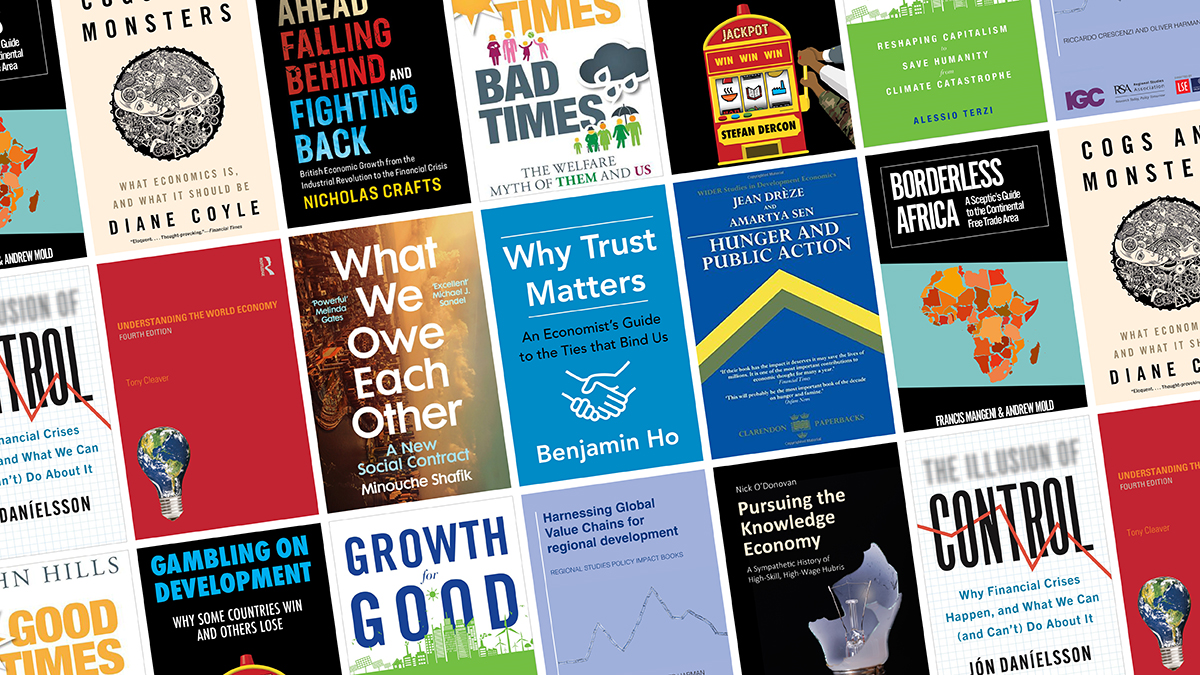The world of economics is vast and multifaceted, but certain books offer an excellent starting point for anyone looking to deepen their understanding of the economy. From the foundational theories of Adam Smith to the practical insights of modern economists, each book provides unique perspectives on economic principles and their far-reaching implications. Reading these works equips us with the knowledge needed to navigate the complex economic landscape and make informed choices that contribute to a more prosperous and equitable society. So if you’re done playing at an online casino, choose which book you want to add to your wishlist.
“The Wealth of Nations” by Adam Smith
Considered the cornerstone of modern economics, “The Wealth of Nations” was published in 1776 and remains a seminal work in economic theory. Adam Smith’s magnum opus delves into the division of labor, free markets, and the concept of an “invisible hand” guiding economic interactions. By understanding Smith’s ideas, readers gain a solid foundation for comprehending the roots of capitalist economies.
“Capital in the Twenty-First Century” by Thomas Piketty
In this groundbreaking work, Piketty explores the dynamics of income inequality and wealth concentration over centuries. By meticulously analyzing historical data, he presents compelling arguments on the challenges posed by rising inequality and advocates for progressive taxation to address these issues. “Capital in the Twenty-First Century” is a must-read for those interested in the societal implications of economic inequality.
“Freakonomics” by Steven D. Levitt and Stephen J. Dubner
Blending economics with unconventional topics, “Freakonomics” takes readers on a journey through fascinating connections between seemingly unrelated issues. The authors use data-driven insights to challenge conventional wisdom and offer new perspectives on diverse topics, from crime and parenting to the influence of incentives. This entertaining and thought-provoking read encourages critical thinking about the world around us.
“Thinking, Fast and Slow” by Daniel Kahneman
Although not exclusively an economics book, Kahneman’s Nobel Prize-winning work explores the psychology behind decision-making and its profound impact on economic behavior. By examining the dichotomy between intuitive and deliberate thinking processes, readers gain a deeper understanding of human biases and their influence on economic choices.
“The Big Short” by Michael Lewis
For those interested in understanding the 2008 financial crisis, “The Big Short” offers a gripping narrative of the events leading up to the collapse of the housing market. Through the eyes of a handful of savvy investors, Lewis unravels the complexities of the subprime mortgage market and exposes the flaws in the financial system that contributed to the crisis.
“Nudge” by Richard H. Thaler and Cass R. Sunstein
In this influential book, Thaler and Sunstein explore the concept of “nudging” as a means of encouraging positive behavioral changes. Drawing from behavioral economics, they propose practical ways in which governments and organizations can design policies and structures to guide individuals toward better choices without resorting to heavy-handed regulations.
“The Ascent of Money” by Niall Ferguson
A comprehensive exploration of financial history, “The Ascent of Money” traces the evolution of money and its role in shaping the world’s economies. Ferguson’s engaging writing style takes readers on a journey through the rise and fall of various financial institutions, providing valuable context for understanding modern economic systems.
“The Undercover Economist” by Tim Harford
In this accessible and engaging read, Harford reveals the hidden economic principles behind everyday events and phenomena. Through real-life examples, he illuminates the economic forces at play in our lives, demonstrating how prices, markets, and incentives shape the world around us.
“Economics in One Lesson” by Henry Hazlitt
A timeless classic, “Economics in One Lesson” succinctly presents fundamental economic principles accessible to readers of all backgrounds. Hazlitt’s book emphasizes the importance of considering both the short-term and long-term consequences of economic policies, providing a valuable lesson for policymakers and individuals alike.
“Poor Economics” by Abhijit V. Banerjee and Esther Duflo
Winner of the 2019 Nobel Prize in Economics, “Poor Economics” takes a close look at the lives of the world’s poor and their decision-making processes. Based on extensive field research, the authors challenge common assumptions about poverty and propose innovative solutions to alleviate its impact.

